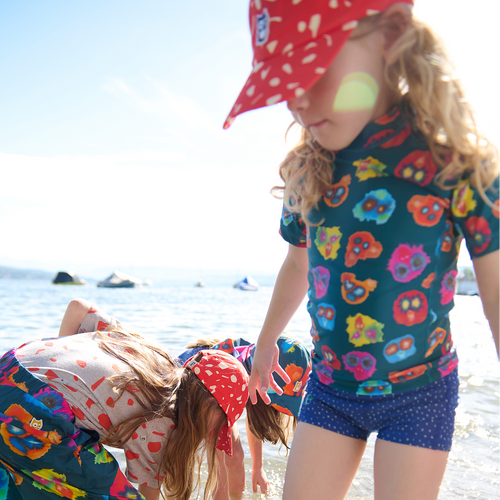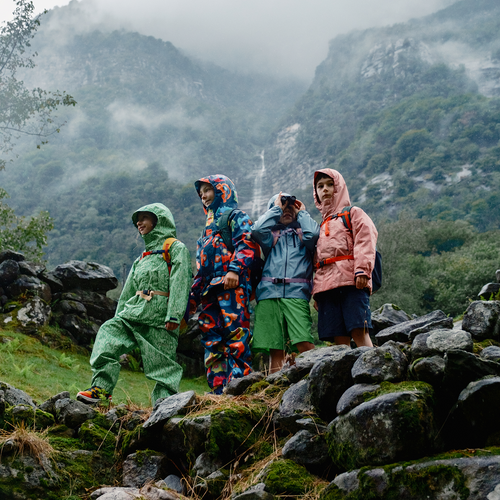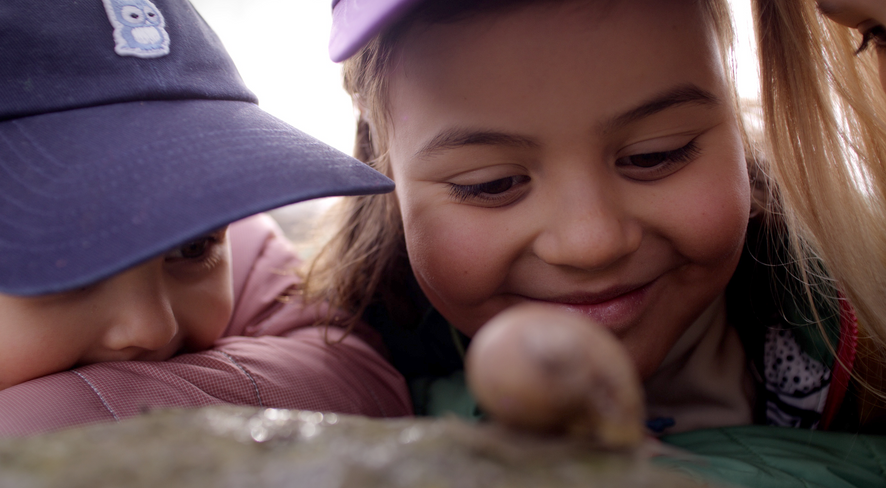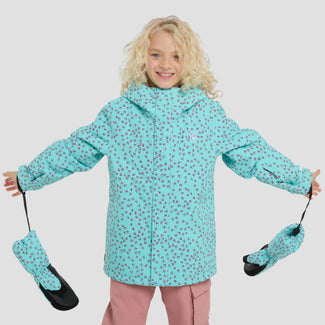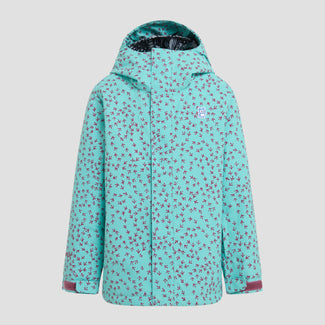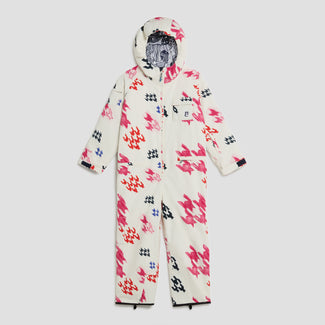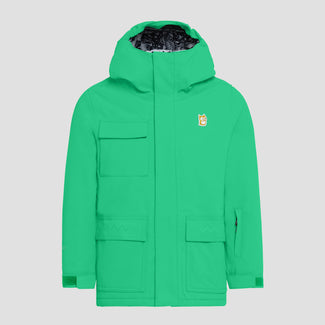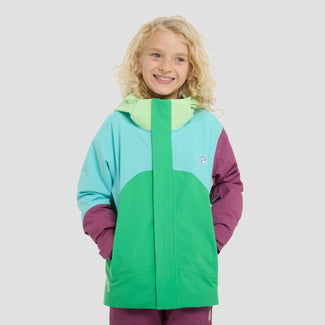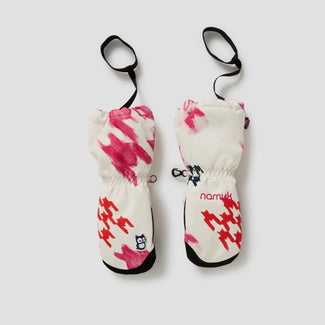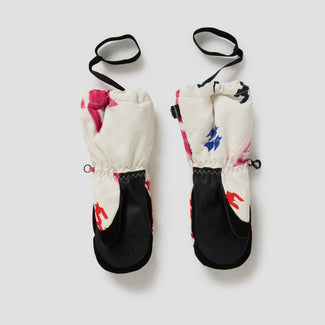What does an owl actually eat, and how does it hunt so precisely in the dark of night? How high can a bear climb, and is honey really its dessert? And how old does an otter get, and how long has this species actually existed in Switzerland? When we look at the animal world, there are numerous questions that children ask us – and often we don't know the answers ourselves. Precisely such moments can be the beginning of something very big: a genuine interest in nature and the desire to protect it. We at namuk see Zurich Zoo as an important place for education, amazement – and commitment to species and environmental protection.
That's why we are very happy about the partnership with Zurich Zoo for the namuk Outdoor Challenge. For us, sustainability is not a trend, but a matter close to our hearts – and above all, something that begins in everyday life. It begins with understanding – and the feeling of being part of something. In an interview with Zoo Director Severin Dressen, we talk about the role of the zoo, responsibility in everyday life – and why sometimes it just takes a little dirt under your fingernails to change the world. And on one point, namuk and Severin are more than just in agreement: sustainability doesn't have to be complicated.
Simple everyday tips from Zurich Zoo
You don’t need to move to the rainforest to help the planet. It’s about being curious, stepping outside, exploring – and making small choices that can lead to big change. Sometimes, just doing a few things a little differently is all it takes – and just like that, you’re part of Team Nature!
1. Less meat, more plant power
No need to turn your whole life upside down. But if veggies take center stage now and then, it’s good news for your plate and the planet. And yes – it can taste amazing! Just try the Zoo Director’s favorite vegetarian curry. You’ll even find it at the Zoo Restaurant in the Masoala Rainforest.
2. Choose organic – support biodiversity
When you choose organic – like apples, carrots or yogurt – you’re helping keep harmful chemicals off the fields. That means: more wildflowers, more buzzing bees, more fluttering butterflies – and more space for all kinds of animals that depend on these places to live. Pretty impressive for a carrot, right?
3. Hop on your bike – or catch a bus
Heading to school, practice, or the woods? Choosing your bike or public transport is smart and better for the climate. And let’s be honest – when was the last time you spotted a fox from your car window? On a bike (or on foot), you’ll see the world around you with totally new eyes.
4. Plant wild
Native plants are like five-star restaurants for wild bees, butterflies & friends. Especially great: open blossoms, where things buzz and bloom and flutter. The wilder, the better. And yes – even a balcony flowerpot counts! Just imagine: you’re setting up a little flower buffet outside your door – and creating your very own nature cinema to watch all those tiny creatures up close.
5. Let your lawn go wild
No need to mow your grass down to golf-course levels. Leave a few wild corners – it’s where insects find food, hedgehogs hide, and flowers get a chance to shine. Nature actually loves a bit of mess. And who knows – maybe a ladybug moves in, or a butterfly picks your garden as its new home.
You can find the full interview with Severin Dressen here:




